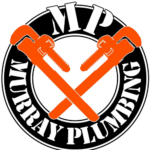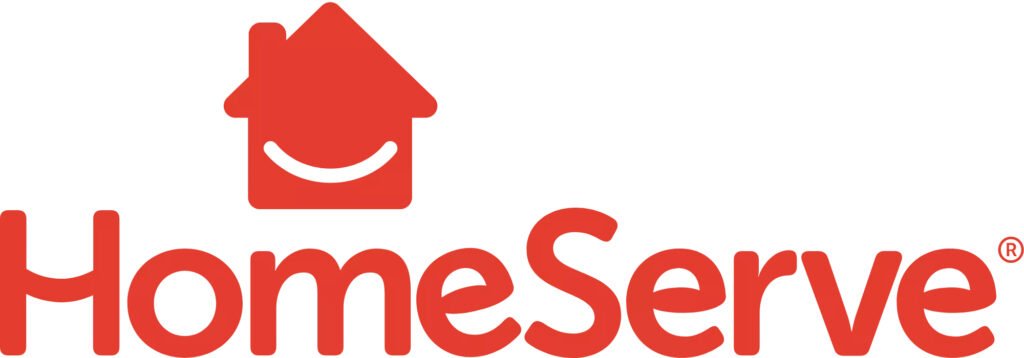About the Author:
Hello, I’m Chris Murray, a seasoned plumber dedicated to serving the residents of Middletown, PA. With years of hands-on experience in the plumbing industry, I’ve encountered various pipe issues and learned effective strategies for preventing corrosion and damage. Through this blog post, I aim to share valuable insights and practical tips to help homeowners maintain healthy pipes and ensure the longevity of their plumbing systems. Learn more here
Understanding the Importance of Pipe Maintenance
Your home’s plumbing system is a vital component that ensures the delivery of clean water and the removal of wastewater. However, pipes can deteriorate over time due to factors such as age, water quality, and environmental conditions. Corrosion, in particular, poses a significant threat to the integrity of pipes, leading to leaks, reduced water pressure, and costly repairs. By prioritizing regular pipe maintenance, homeowners can detect and address issues early, minimizing the risk of damage and prolonging the lifespan of their plumbing infrastructure.
Causes of Pipe Corrosion
To effectively prevent pipe corrosion, it’s essential to understand the factors that contribute to this common plumbing issue:
- Water Chemistry: The chemical composition of your water supply can influence pipe corrosion. High levels of minerals, such as calcium and magnesium, can accelerate corrosion, especially in areas with hard water.
- pH Levels: Water with low or high pH levels can be corrosive to certain types of pipes. Low pH levels, in particular, can cause acidic corrosion, while high pH levels can lead to alkaline corrosion.
- Environmental Factors: Exposure to environmental pollutants, chemicals, and abrasive materials can corrode pipes over time. Homes located in industrial areas or near sources of pollution may be at higher risk of corrosion.
- Age and Material: Older pipes made of materials such as galvanized steel or iron are more susceptible to corrosion than modern materials like copper, PVC, or PEX. As pipes age, they become more prone to deterioration and corrosion, increasing the risk of leaks and structural damage. Get Informed here.
Tips for Preventing Pipe Corrosion and Damage
- Monitor Water Quality: Regularly test your water for pH levels, mineral content, and contaminants. Consider installing a water softener or filtration system to improve water quality and reduce the risk of corrosion.
- Control Water Temperature: Extreme temperatures can accelerate pipe corrosion. Insulate hot water pipes to prevent heat loss and minimize temperature fluctuations, which can cause expansion and contraction of pipes, leading to damage over time.
- Maintain Proper Ventilation: Ensure adequate ventilation in areas where pipes are located to reduce humidity levels and prevent condensation. High humidity can promote corrosion by creating a moist environment conducive to rust and deterioration.
- Address Plumbing Leaks Promptly: Even minor leaks can lead to corrosion and structural damage over time. Inspect your plumbing system regularly for signs of leaks, such as water stains, mold, or mildew, and repair them promptly to prevent further damage.
- Use Corrosion-Resistant Materials: When replacing or installing pipes, choose materials that are resistant to corrosion, such as copper, PVC, or PEX. These materials are less prone to rust and deterioration, offering superior durability and longevity compared to traditional materials like galvanized steel or iron.
DIY Pipe Maintenance Techniques
In addition to professional plumbing services, homeowners can implement the following DIY maintenance techniques to protect their pipes:
- Flush Drains Regularly: Pouring hot water down drains periodically can help dissolve buildup and prevent clogs, reducing the risk of corrosion and damage.
- Clean Faucet Aerators: Remove mineral deposits from faucet aerators and showerheads regularly to maintain water flow and prevent corrosion.
- Inspect Exposed Pipes: Check exposed pipes for signs of corrosion, rust, or damage. If you notice any issues, consult a plumber for further evaluation and repair to prevent further damage.
Conclusion
In conclusion, maintaining healthy pipes is essential for preserving the integrity and functionality of your home’s plumbing system. By understanding the causes of pipe corrosion and implementing preventative maintenance techniques, homeowners in Middletown, PA, can protect their pipes from damage and extend their lifespan. Whether it’s monitoring water quality, controlling temperature and humidity levels, or addressing leaks promptly, proactive pipe maintenance is key to ensuring a reliable and efficient plumbing system for years to come. So don’t wait until problems arise—take action today to safeguard your pipes and enjoy peace of mind knowing that your plumbing infrastructure is in good condition.



